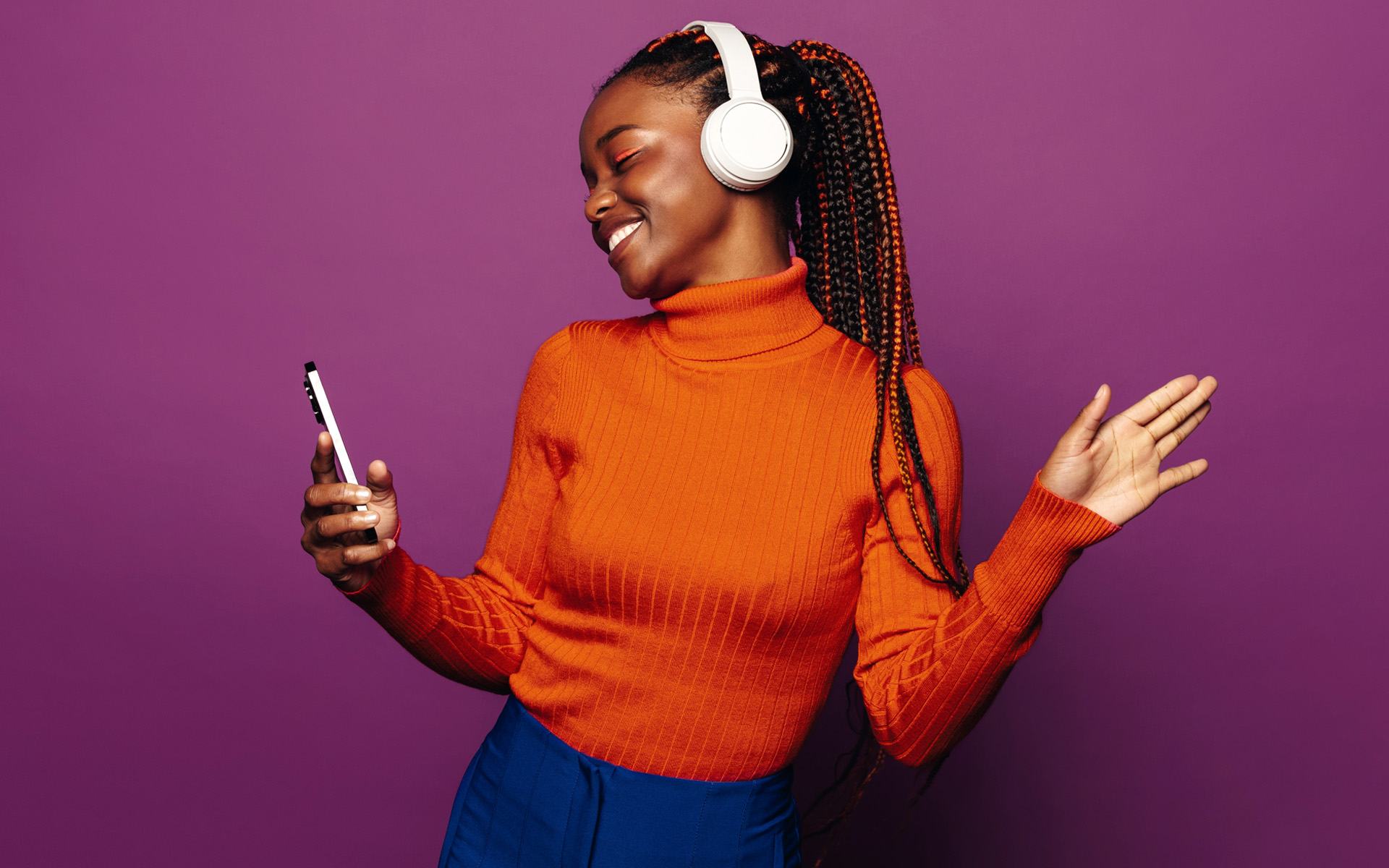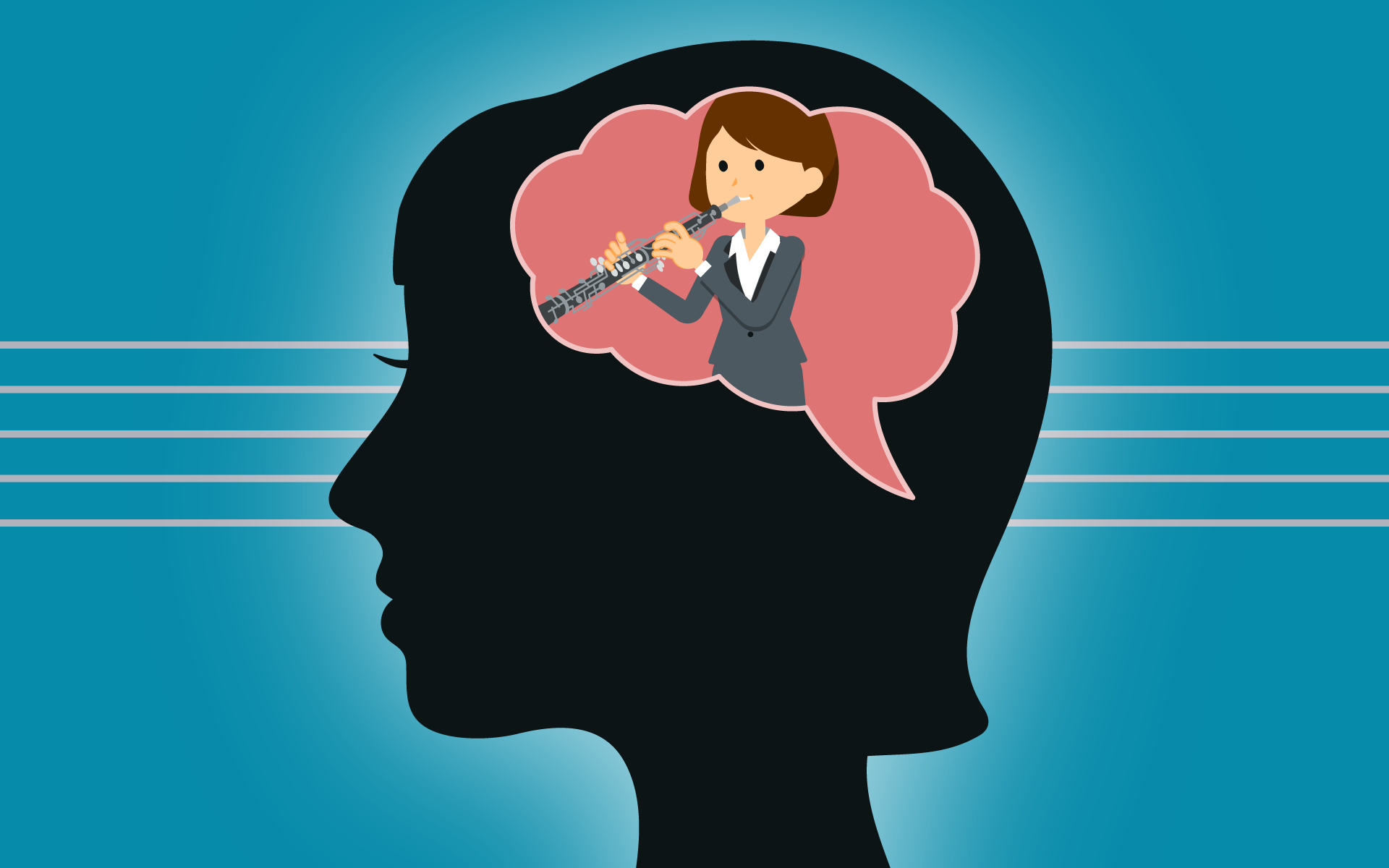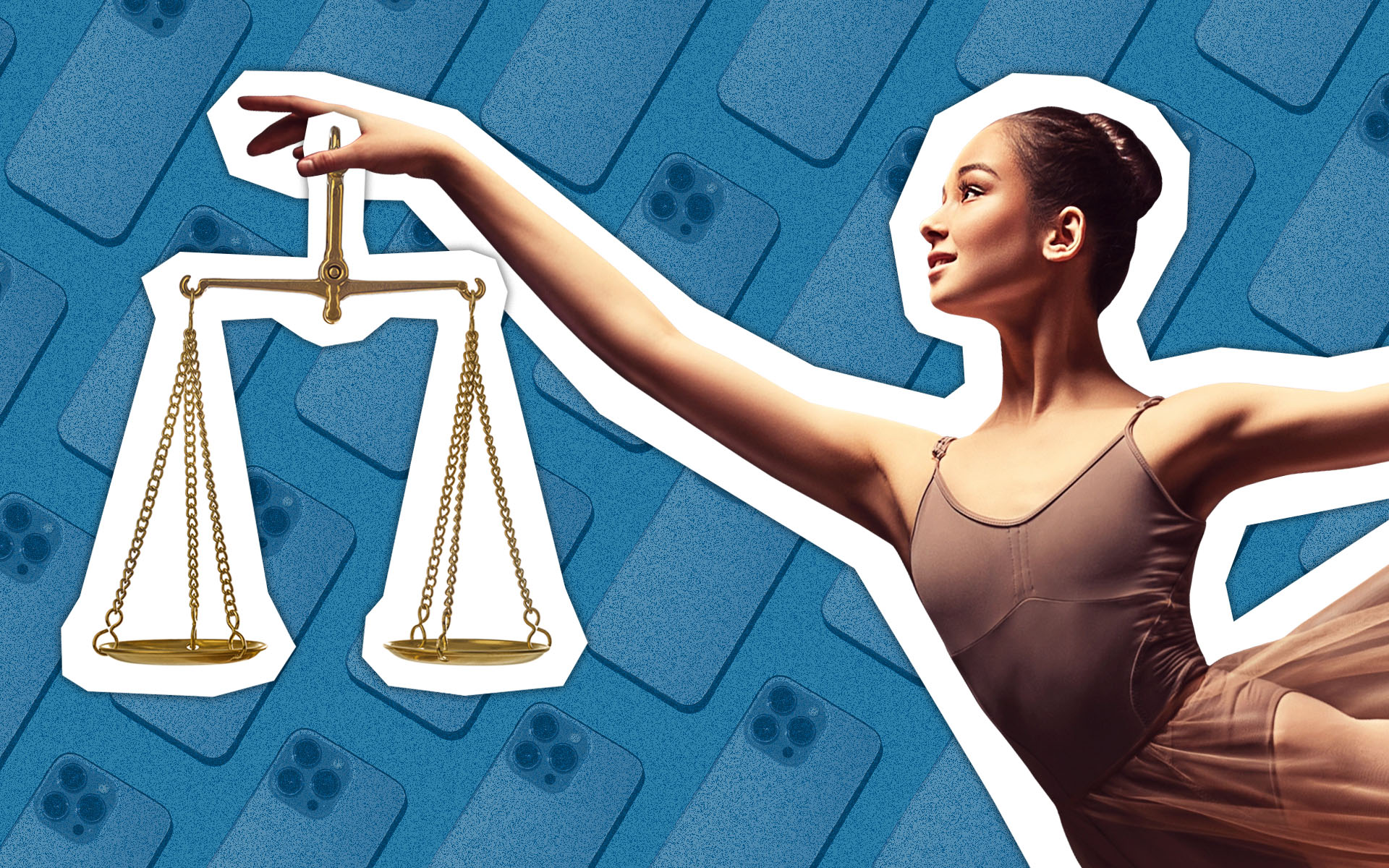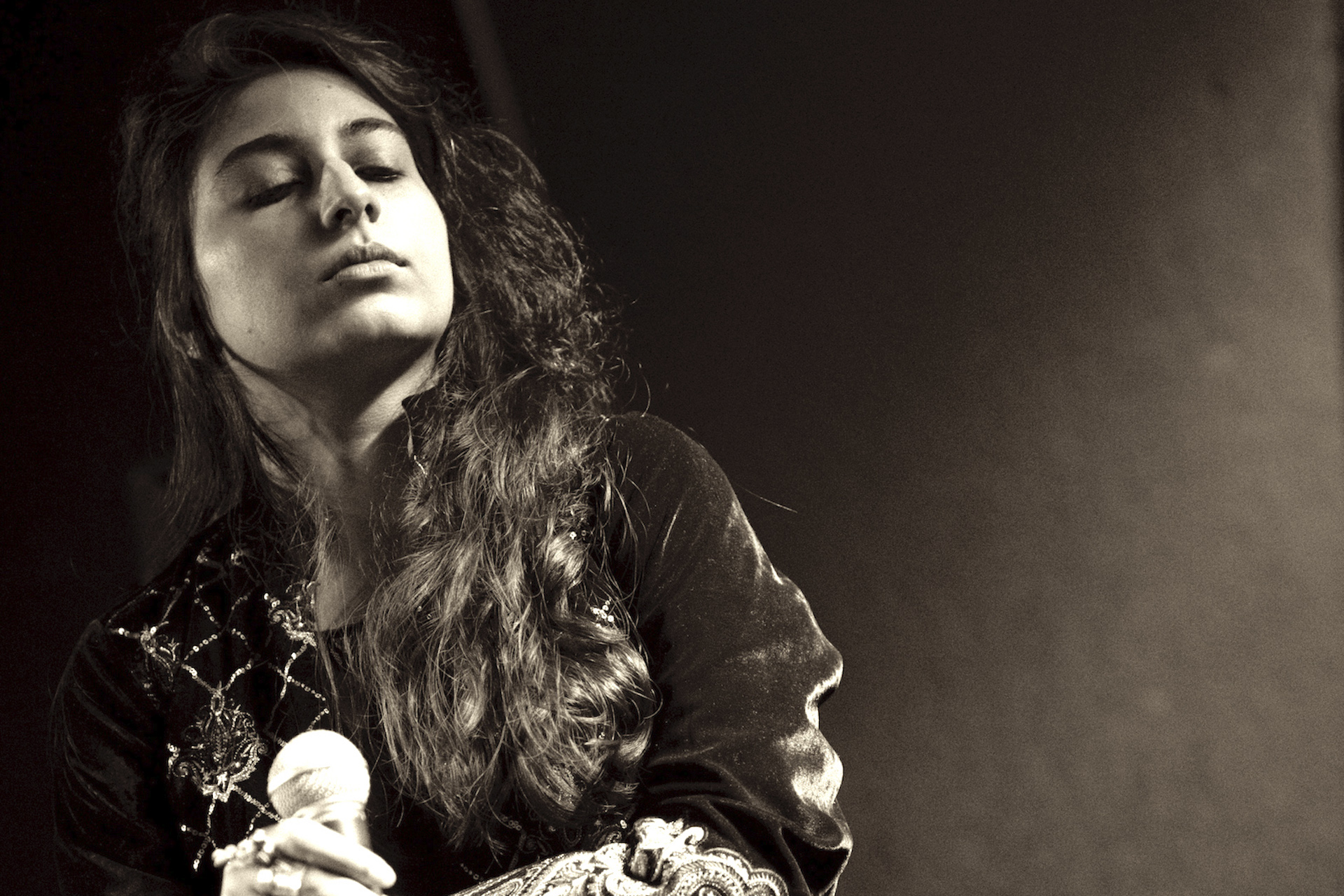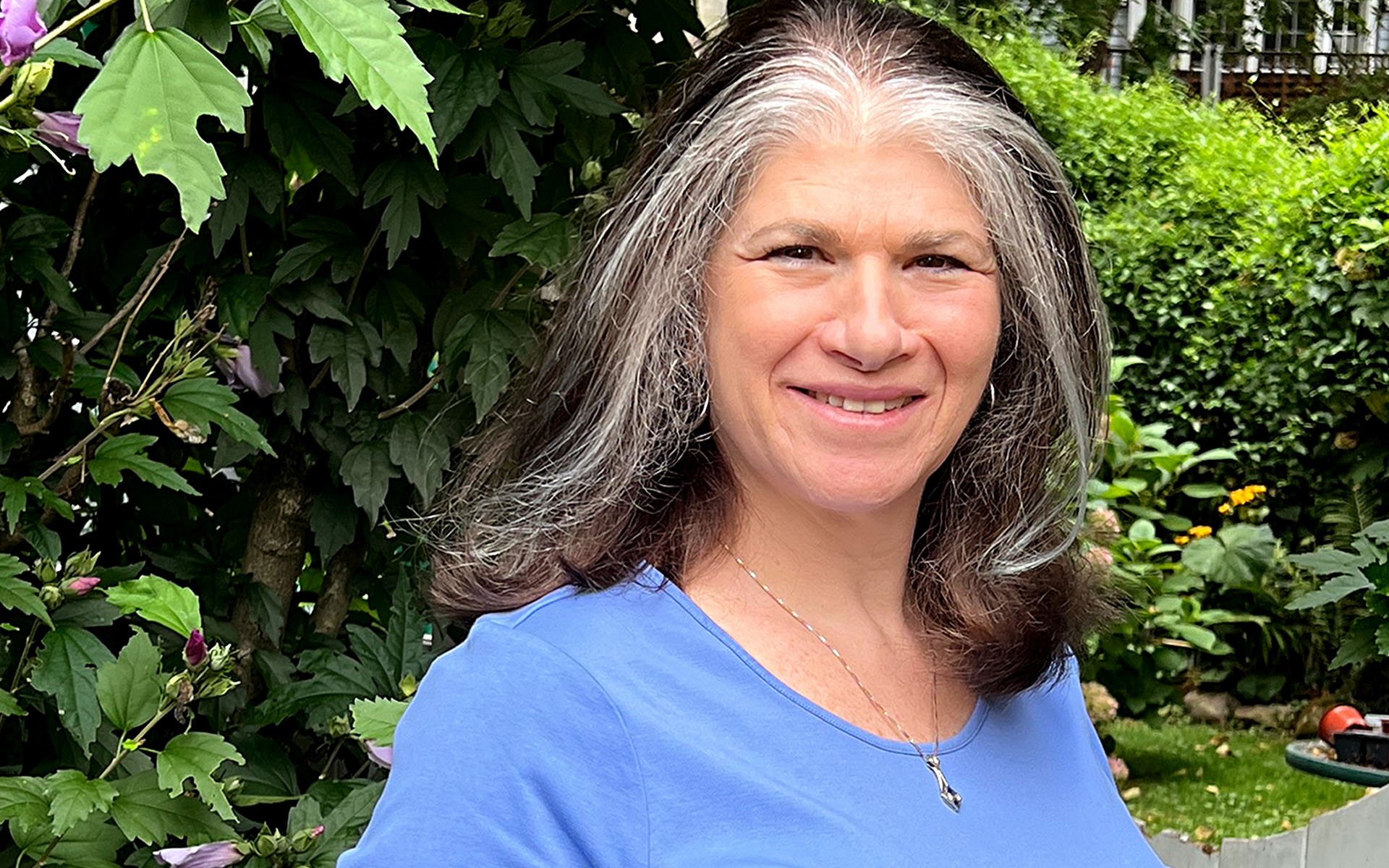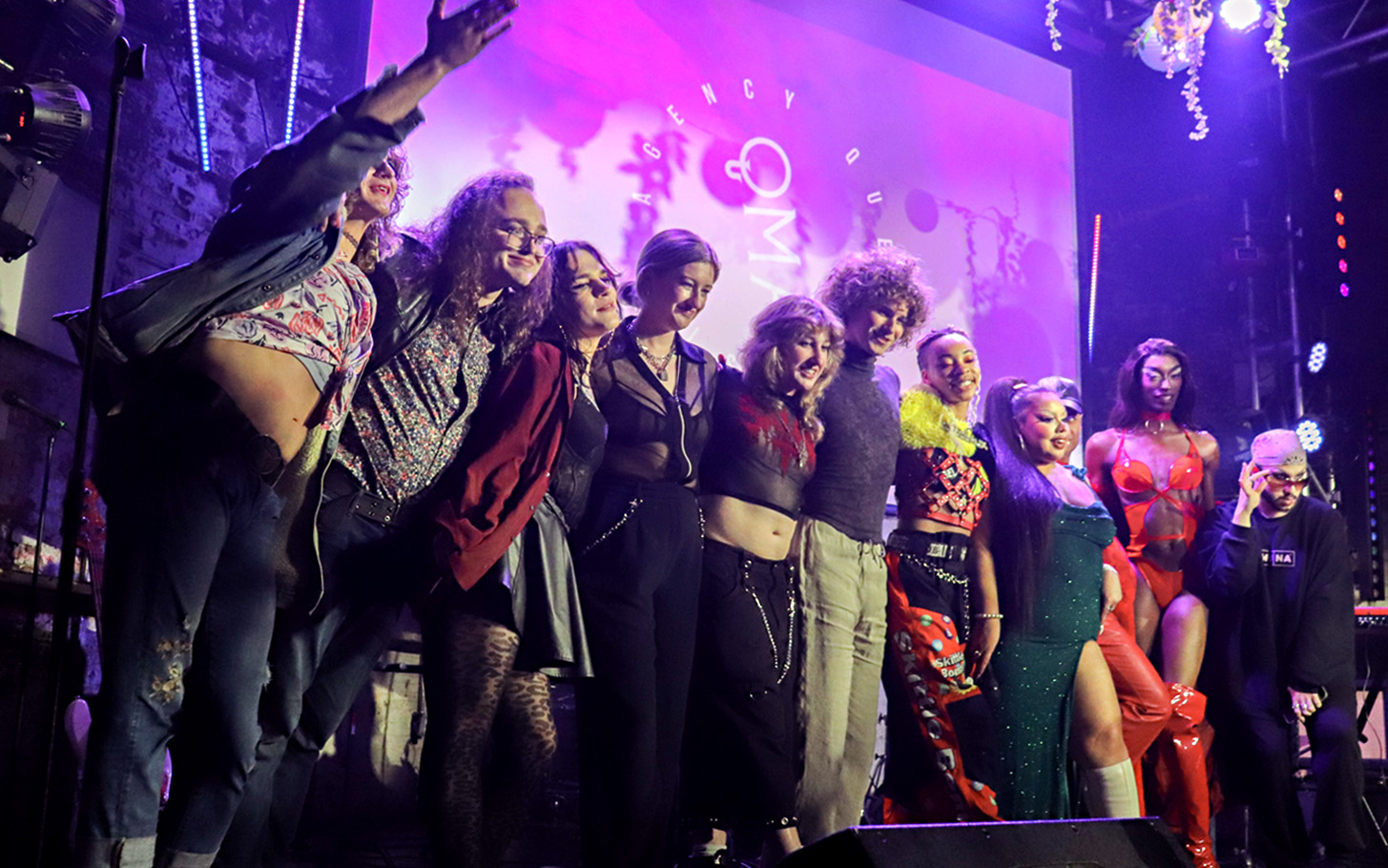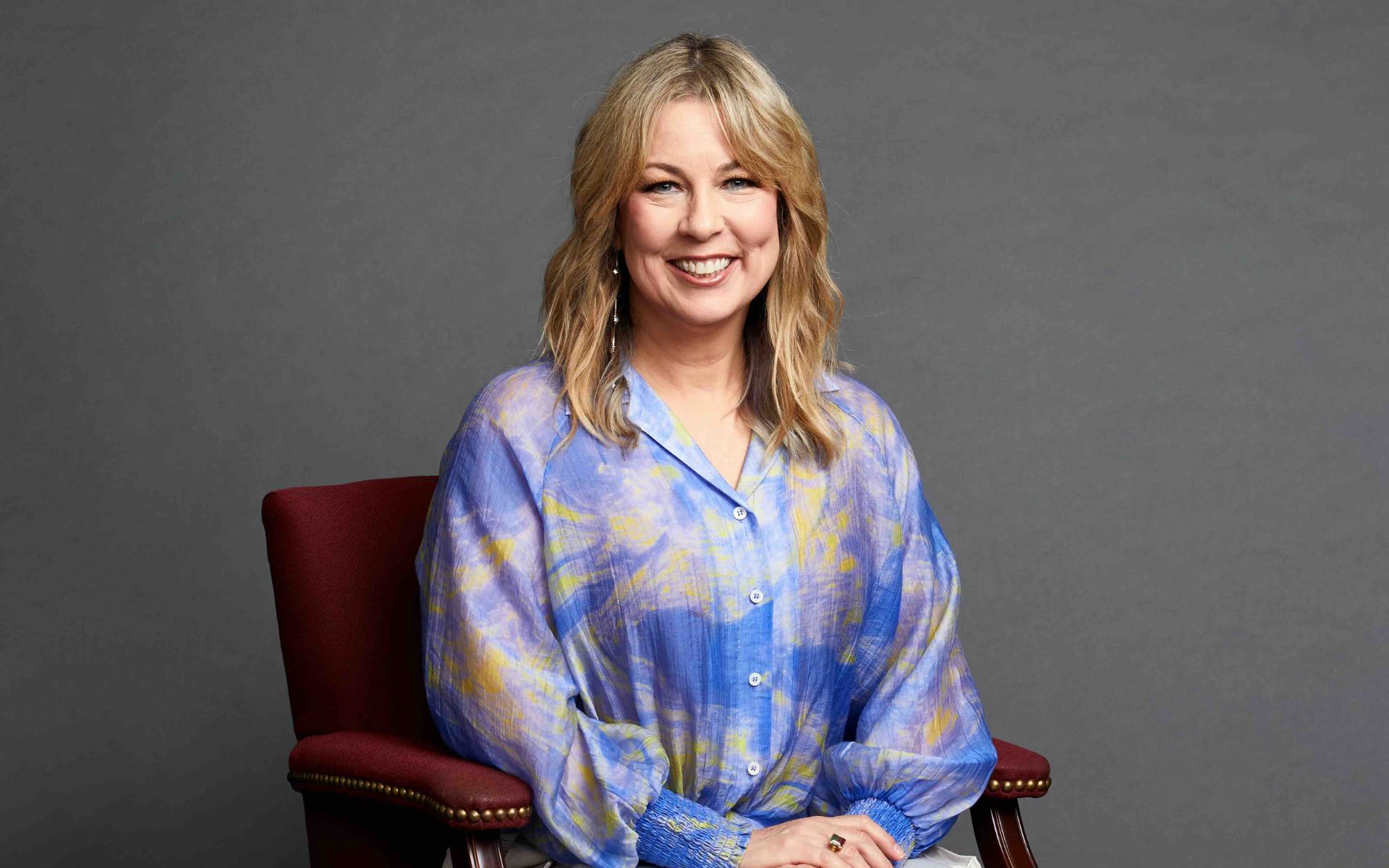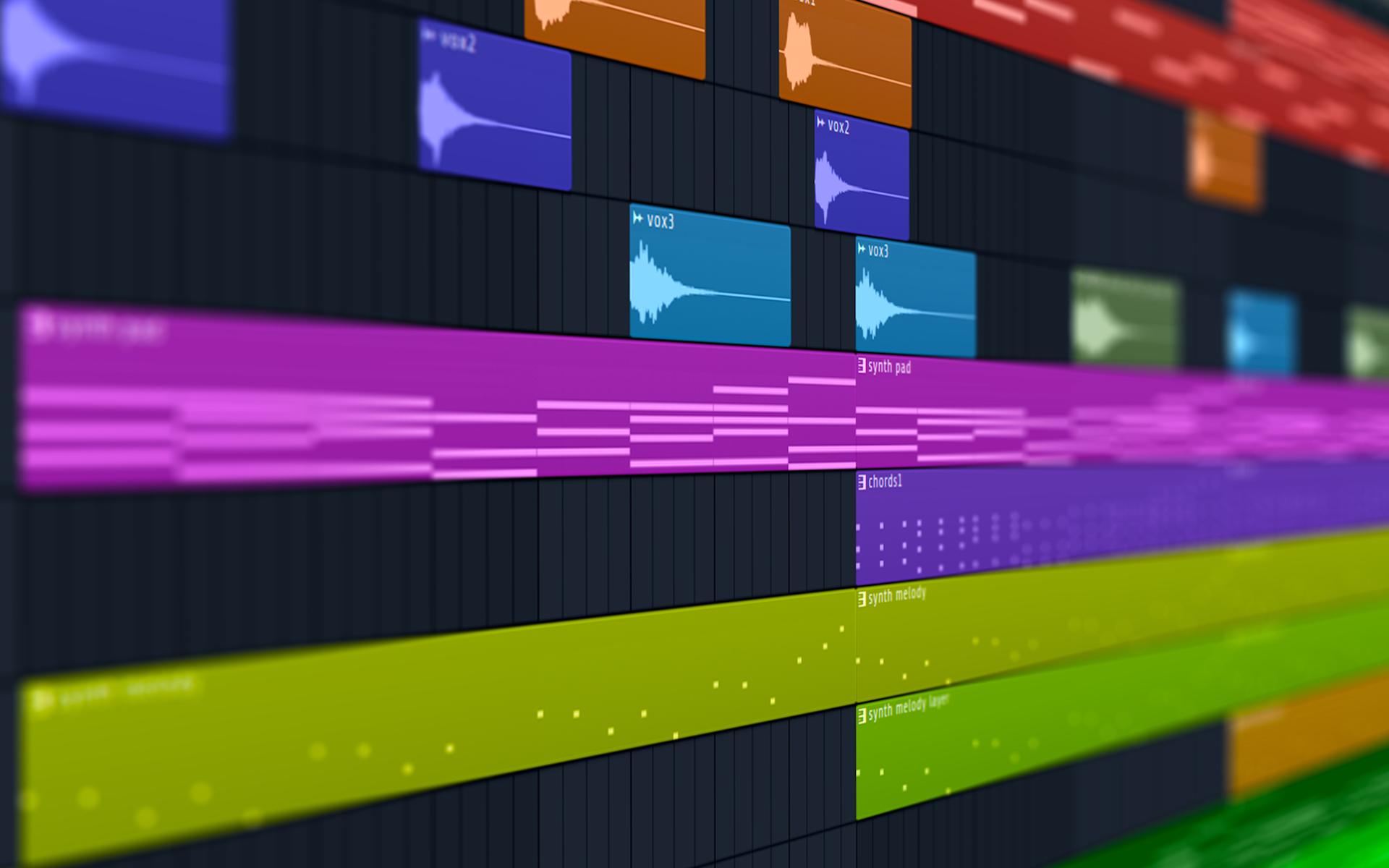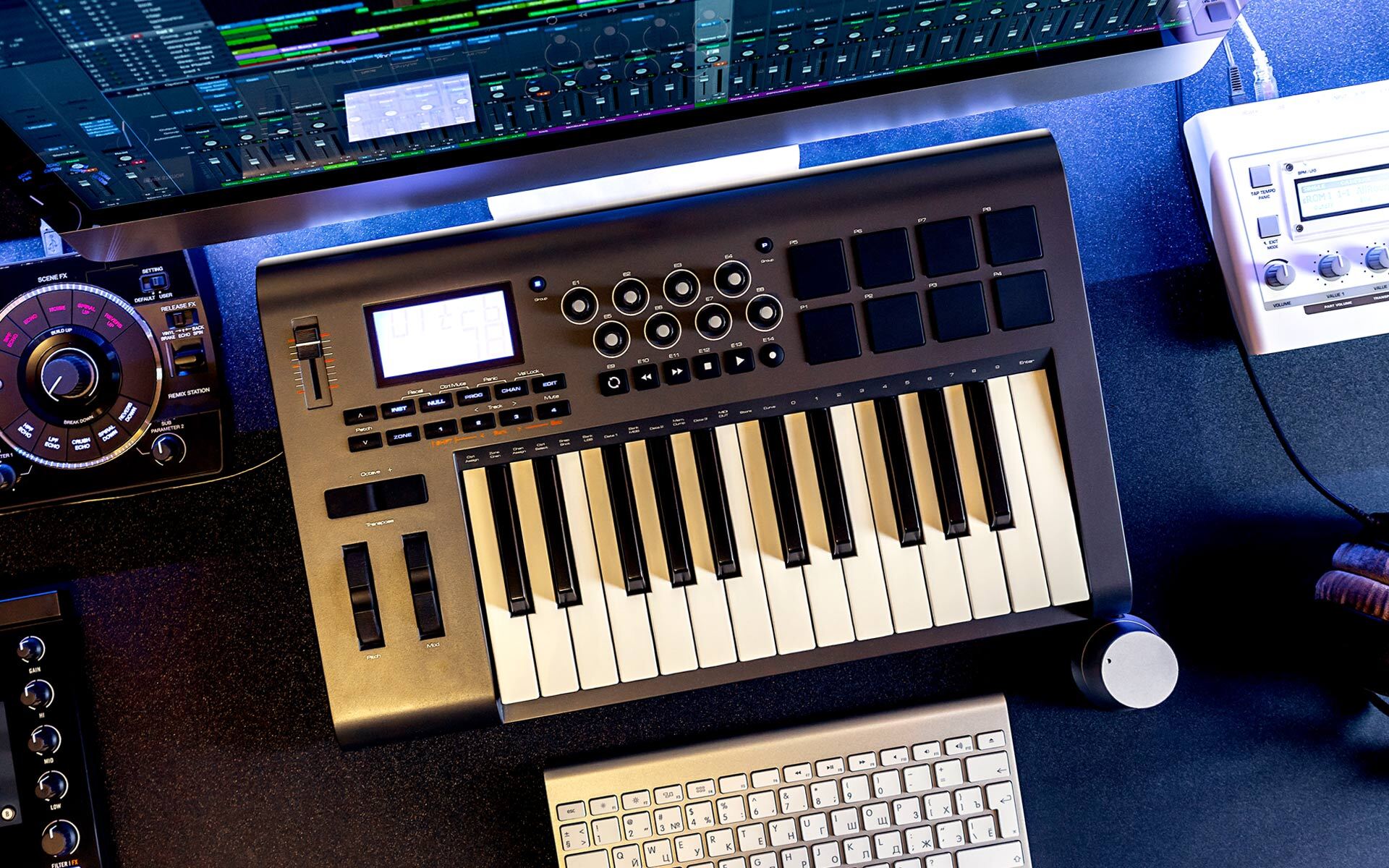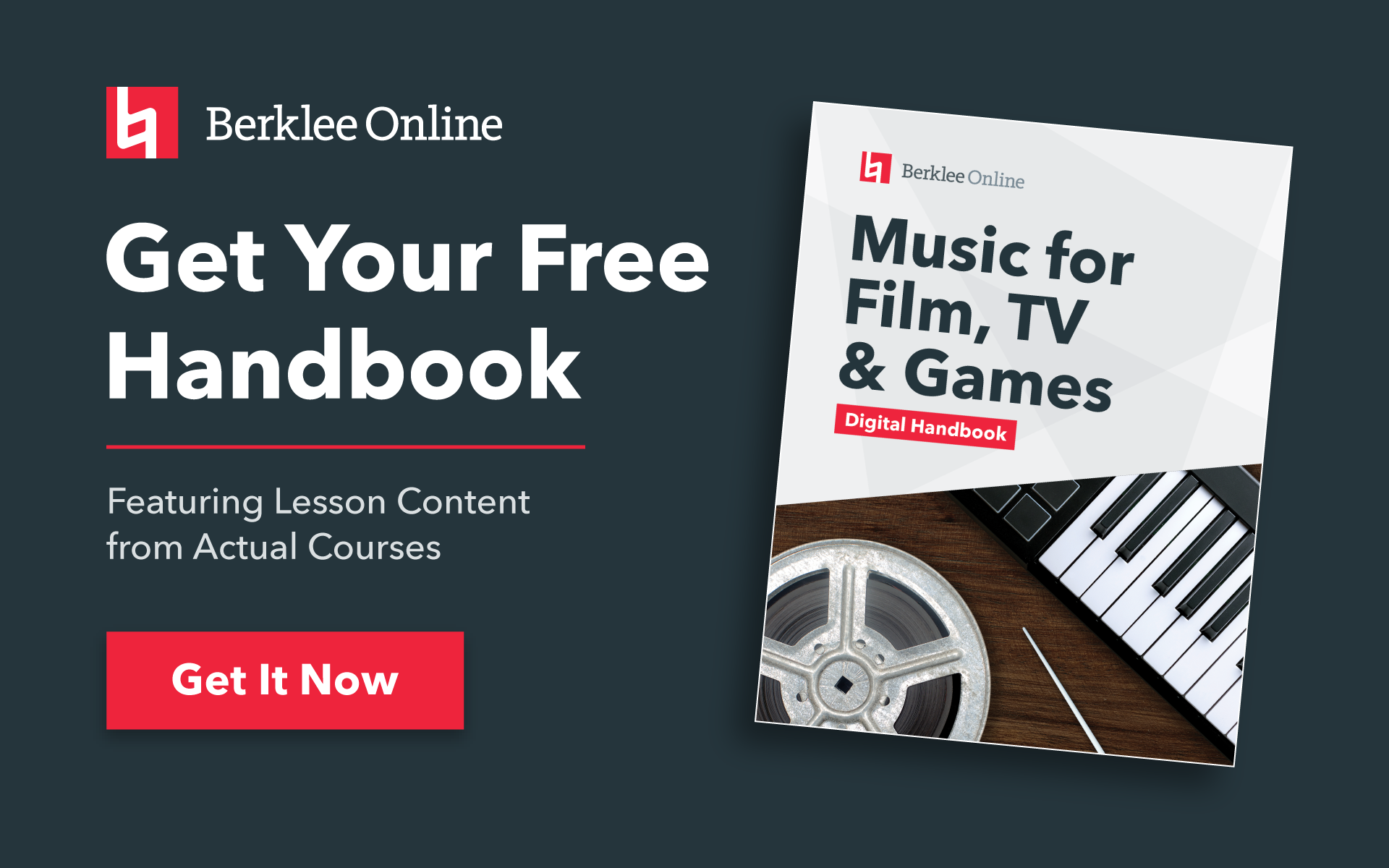With digital tools more accessible than ever, it’s possible for musicians to handle the visual storytelling aspects of their work, whether it’s a music video, promotional video, or content for social media. Starting in September, Lori Landay’s new four-week Digital Storytelling course will guide students through the narrative process, from forming an initial concept and storyboarding, to filming and postproduction.
“To me, there’s nothing more foundational than digital storytelling because what we’re going to focus on is the idea of finding your own voice,” says Landay.
A professor at Berklee College of Music for more than 20 years, Landay has found her own voice as a scholar of twentieth- and twenty-first-century culture. The course author of two 12-week Berklee Online courses, Game Design Principles and The Language of Film and TV, she notices that many of her students are multi-talented when it comes to both music and art.
“I have students tell me all the time, ‘I was trying to decide between art school and music school,’” says Landay. “So when they end up in a class like Game Design Principles, and they’re really thinking through a medium that is as much about the visual as it is about anything else—mechanics or gameplay or writing or storytelling—it’s something where they’re able to really pull on some of those skills and those interests, even if they are people who are now pursuing music or audio careers.”
Digital Storytelling is designed to appeal to students who are multi-faceted when it comes to audio and visuals, as well as students who are music-focused and want to improve at telling visual stories.
Landay, who has a PhD in English and American studies, brings a wealth of storytelling experience to the table, having worked on music videos, VR games, augmented reality experiences, and written two books, I Love Lucy and Madcaps, Screwballs, and Con Women: The Female Trickster in American Culture.
“I’ve always been somebody who believes in combining theory and practice, and I try to do that as much as possible in all my courses,” she says.
In Digital Storytelling, students will have the opportunity to customize the experience to meet their creative needs through hands-on work. For musicians, this might mean creating a promotional video for a band. For educators, it could be developing engaging content for their students. And for others, it might be a chance to tell a personal story. The main requirement is that students submit a one- to three-minute video with audio, visuals, and editing as a final project.
“It’s really about their journey to develop their digital story and then having the resources to do it,” says Landay. “And because it’s four weeks, they will be doing a lot of time management, and it might be more of a prototype, which if they want to, after the course is over, then they can continue to iterate.”
Throughout the course, students will engage in a process that mirrors professional video production, but on a more accessible scale and with lower stakes.
“This DIY stuff is becoming more and more a part of so many jobs and so many careers, and there’s a way in which technology makes things easier, but there’s also a way in which technology puts more responsibilities on the individual,” says Landay. “For this course, you are the creative director, the writer, the videographer, the storyboard artist, the scriptwriter, and the editor. So it’s kind of like a super indie media-making experience.”
By learning all the skills involved with video production, students will have a taste of all the roles and tasks involved in the process so that they can continue to DIY their own projects, or hone in on a specific part of the process that interests them.
“People’s career paths take interesting turns,” says Landay. “That often happens because you find something that you realize that you like and that you’re good at, and then all of a sudden there’s an opportunity and you move into it. I’ve heard so many people talk about that, how their career evolves, and once you realize that you like something, you can kind of be on the lookout.”
Digital Storytelling is enrolling now for the semester starting on September 23, 2024. While the course covers modern techniques using animation and AI, it’s rooted in the oldest artform known to humanity.
“Storytelling is something that humans have always done,” says Landay. “We can look back to some of the earliest evidence of human marks on cave walls and see that there were stories, and we’re still doing that—we’re just doing it with new tools, digital tools.”

